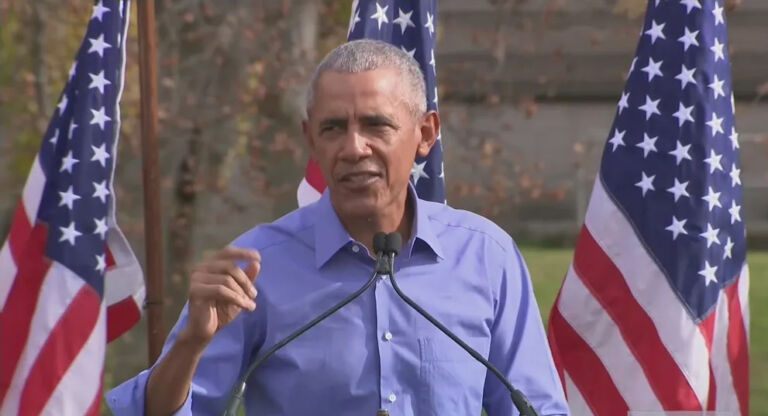- 65% of likely North Carolina voters believe that classroom instruction in K-12 schools has become more political over the last five years
- 57% of survey participants agreed that teachers give their personal beliefs in the classroom to influence the beliefs of children
- To address these problems, respondents supported a proposed academic transparency requirement and a mandate that teachers show no preference for certain ideas
According to the June Civitas poll, North Carolinians are concerned about the increased politicization of K-12 schools, but there is no consensus about what to do about it.
Around two-thirds (65%) of the 600 likely North Carolina voters surveyed for the June 2021 Civitas Poll agreed that classroom instruction in their local schools has become more political over the last five years. Only around 4% believe that classrooms have become less political. Parents were much more likely to agree that classroom instruction has become more political. Overall, 72.5% of parents or guardians of current K-12 students observed increased politicization in classroom instruction.
Pollsters also asked survey participants if they believed that teachers give their personal opinions in the classroom to influence their students’ beliefs. Just over 57% of those surveyed answered yes, and nearly 30% said no. Parents were more likely to say that educators give their personal opinions in the classroom to influence the beliefs of their children. Just over 62% of parents believe that teachers try to influence the beliefs of children. Naturally, those who identify politicization and indoctrination as problems are more likely to support an academic transparency requirement.
What should be done to respond to politicization and indoctrination?
Overall, a plurality (42.5%) of respondents and a majority of parents (54.2%) support a proposal advanced by the sponsors of House Bill 755: Academic Transparency. Representatives Hugh Blackwell, John Torbett, Jon Hardister, and Jeffrey Elmore are the primary sponsors of the bill, which would require teachers to post outlines of lesson plans and assignments to publicly accessible websites after the conclusion of the school year. The bill passed the House in May and awaits action in the Senate.
When asked about the statement that most closely matches their opinion of the legislation, around 48% of respondents agreed that it is “needed so that parents know what is taught in the classroom.” Just over 37% believed that the “legislation would create too much additional work for teachers.” I suspect that this percentage would be significantly lower if the question reminded survey participants that most school administrators already require educators to use unit and lesson plans to guide daily instruction, permitting educators to satisfy the requirements of the legislation with minimal effort.
But when the academic transparency idea is offered as one of a handful of possible solutions, it does not fare as well. Instead, the idea of requiring teachers “to show no preference for certain ideas” received a plurality of favorable responses, with nearly 33% of the total sample selecting that uncontroversial option. Indeed, none of the proposals received overwhelming support. Just over 22% of respondents believed that certain topics should be prohibited, 15% liked the idea of putting cameras in classrooms, and nearly 11% sided with an academic transparency requirement. Parents were slightly more likely to select the “show no preference for certain ideas” solution than those without children in the system.
House Bill 324: Ensuring Dignity and Nondiscrimination in Schools comes closest to advancing the solution selected by the plurality. HB 324 would require all school employees to “respect the dignity of others, acknowledge the right of others to express differing opinions, and foster and defend intellectual honesty, freedom of inquiry and instruction, and freedom of speech and association.” The bill would prohibit public schools from promoting the idea that one race or sex is inherently superior to any other. Moreover, it would ask educators to reject stereotyping, discrimination, or characterization based solely on race and sex. In direct opposition to critical race theory and the 1619 Project, the legislation would direct schools not to promote the idea that the “United States was created by members of a particular race or sex for the purpose of oppressing members of another race or sex.” Similar to academic transparency legislation, House Bill 324 passed the House and awaits action in the Senate.
Overall, the provisions in both HB 755 and HB 324 are reasonable responses to concerns of likely North Carolina voters generally and Republican voters specifically. Remarkably, 87% of Republicans believe that classroom instruction in K-12 schools has become more political, and 80% believe that teachers use their position to influence students’ beliefs. There is less agreement among Republicans about what to do about it. One-third favored the “show no preference for certain ideas” option. A worrisome 26% sided with censorship.
Republican lawmakers need to reach out to their party’s faithful to assure them that they are committed to passing legislation designed to address these problems.


